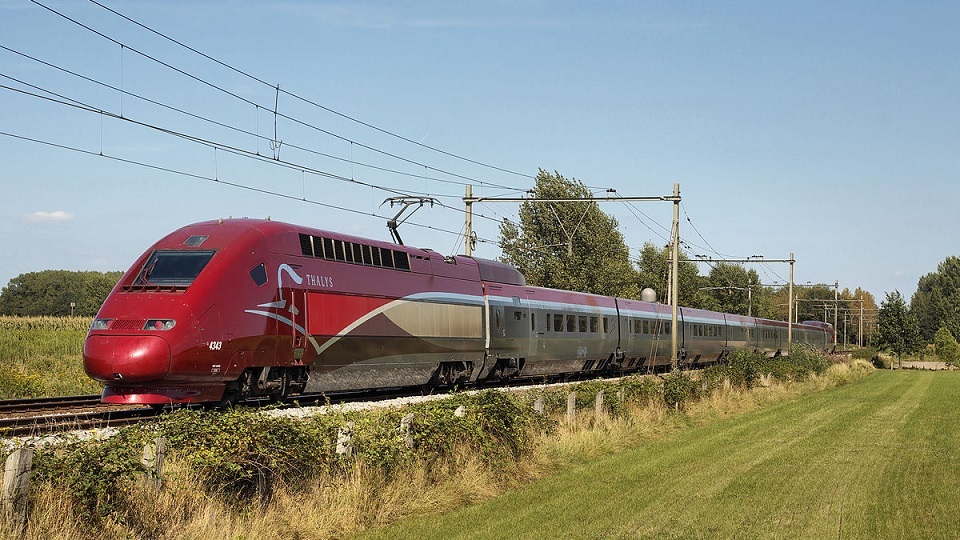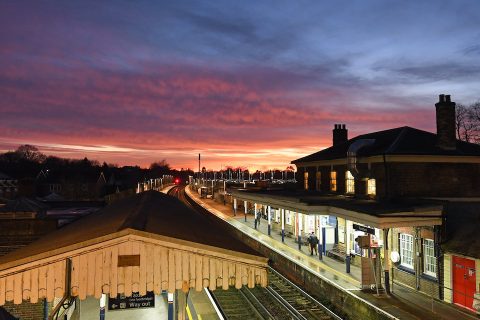Cost-effectiveness is a key to railway success in competition with aviation

A lot of passengers travelling between Paris and Amsterdam notice that a train ticket is sometimes more expensive than a flight. Kimmo Oostermeyer, an expert in infrastructure and operations at RebelGroup, explained that the price difference between the modes of transportation lies in their costs. According to him, the situation could be changed in favour of the railway industry. Kimmo Oostermeyer will tell more at the RailTech Europe conference in the Jaarbeurs in Utrecht, the Netherlands.
Want to read more?
You have read all of your free premium articles for this month. Please become a subscriber to keep reading.
Subscribe now!
Take advantage of our exclusive offer to get full access to all premium content.




